Brazil: Violence and forced eviction for Biofuel
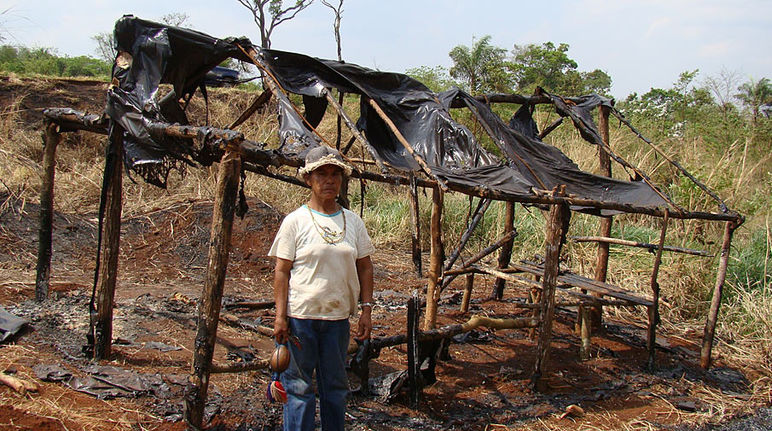 Damiana, a Guarani-Kaiowá and religious leader of Apyka'y commmunity, by a shack burned down during evictions
Damiana, a Guarani-Kaiowá and religious leader of Apyka'y commmunity, by a shack burned down during evictions
The current situation of the indigenous Guaraní in Mato Grosso do Sul is dramatic: The Shell Group is converting their native land into sugar cane plantations in order to produce ethanol fuel for the European market. To give you a recent example of how brutally Shell’s henchmen are treating the Indians: Last week, two settlements were raided, women and children were displaced, and men were injured. “Over there, about 45,000 Guaraní are suffering from extreme social exclusion“, the famous Brazilian conservationist and politician Marina Silva pointed out. They all need our support
News and updates Call to action“”
In Mato Grosso do Sul, a region located in the southwest of Brazil, sugar cane plantations are gaining ground. The Dutch mineral oil company Shell has turned into the most powerful landowner in Brazil thanks to its cooperation with the country’s largest sugar producer, Cosan. Through its subsidiaries, Shell runs many plantations and factories within this area. For years, the Kaiowá-Guaraní Indians have been defending themselves against the aggressively advancing sugar cane industry: It is taking their land, their water and – their lives.
In a study published by Survival International as well as in numerous reports of international observers, the suffering of the Guaraní people has been documented. They once lived in harmony with their lands, cultivating it in a sustainable manner. The Guaraní call their land tekohá; for them, it is the centre of their cultural identity. However, livestock farming, soy and sugar plantations made them lose their land to large land-owners who impose their interests by force. In 2008, 42 Indians were shot by farmers; malnutrition and child mortality among these natives are high above national average; additionally, they are often victims of arbitrary arrests. Under these circumstances, the Guaraní are now the ethnic group with the highest suicide rate in all of South America.
Not only social consequences arising from sugar cane production are shocking. According to a study by several renowned research institutes, the plantations themselves also pose an indirect threat to the rainforest: The extreme level of sugar cane expansion for the purpose of ethanol production supersedes other extensive farming practices, especially cattle breeding. This, in turn, makes cattle farmer open up new areas in the rainforest. During the first half of 2011, deforestation rates in the Brazilian Amazon rainforest increased by 79 percent compared to the previous year.
Please sign our protest letter and call on Shell to withdraw from its partner’s inhuman and ecologically harmful businesses in Brazil.
BackgroundOn a global scale, Brazil is the second-largest producer of ethanol. The world market is thirsting for alternatives to fossil fuels. Demand, and therefore supply, for “green fuels” has been on the rise, especially so since Europe started to subsidize their alleged “biofuel“ with millions of euros. However, large-scale cultivation of sugar cane sweetens the life of only a few, yet it has plunged many people into bitter poverty.
Due to its size, Brazil is a coveted market for investing into industrial agriculture. Since 2010, Shell has formed a joint venture, “Raízen“, together with Cosan – resulting in optimum access to land and raw materials for Shell, and the tapping of the European market (via Shell) for Cosan.
Through subsidiaries, Raízen runs plantations and factories. In Mato Grosso do Sul, one of Raízen’s subsidiaries named Nova América is doing business with large-scale farmers whose plantations are located on indigenous territory – which constitutes a clear violation of national and international law.
So far, a Brazilian attorney has already appealed to Shell, pointing out the fact that these businesses in Mato Grosso do Sul go against corporate policies. However, by teaming up with Cosan, Shell has now found a partner which is known for resorting to foul practices.
In 2010, this company made it on the Brazilian Ministry of Labour’s “Blacklist of Slaveholders”. 42 forced labourers were freed from a Cosan sugar factory in 2007; and from 1995 to 2009, altogether 36,192 forced labourers were bought out of Brazilian sugar factories.
Working conditions on Brazil’s sugar cane plantations are catastrophic; unfortunately, this also applies to Guaraní workers. One single plantation worker has to cut from 12 to 20 tons of sugar cane a day – without protective clothing, even though the fields are contaminated with pesticides. Blood samples taken from workers during harvest season show a high level of pesticide contamination. And once again, the initial promise of work and prosperity that had been given when sugar cane cultivation was started only led to exploitation and contamination.
The Guaraní are defending themselves from these conditions forced upon them. They are leaving their provisional camps by the roadside, they are occupying their own land that has been unjustly appropriated – and the large landowners respond with violence. They are setting paid mercenaries on the Guaraní, showing no consideration for women, children and elderly people. Especially chiefs are often targeted victims of these paid thugs. By killing 70 year old Guaraní leader Marcos Veron in front of his family, the farmers tried to break the indigenous people’s resistance. But the Guaraní keep fighting for their rights.
Shell in Den Haag, Shell Headquarters, att. Mr. Peter Voser (Chief Executive Director), Carel van Bylandtlaan 16, 2596 HR The Hague, The Netherlands E-Mail: kontakt@shell.com
Dear Mr. Voser,
I reacted with indignation to the news that in Brazil, suppliers of Raízen gravely and massively violate national and international human rights provisions.
For years, the indigenous community of the Kaiowá-Guaraní Indians in Mato Grosso do Sul has suffered from consequences of the expansion of sugar cane fields. They have been displaced; community members were maltreated and killed. For this reason, the Guaraní are suffering from severe malnutrition and the highest suicide rate in Latin America.
The Shell/Cosan Group owns substantial shares of regional sugar factories and is a major purchaser of sugar cane that is being cultivated at the expense of the local population.
Displacing the indigenous people from their own legally recognised land is a criminal act in breach of Article 231 of the Brazilian Constitution. Furthermore, Shell’s subsidiaries and business partners in Brazil infringe Article 10 of the UN General Declaration on the Rights of Indigenous Peoples.
As an internationally operating large corporation, Royal Dutch Shell is morally and legally responsible for safeguarding binding social and environmental standards at all production levels. Shell is obliged to demand such standards from their partners as well and to ensure their implementation. In failing to do so, Shell not only goes against its own corporate policies but will also remain complicit in the current national and international breach of law.
Additionally, scientists of various renowned German research institutes, e.g. the Max Planck Institute, have demonstrated in a study that further expansion of sugar cane plantations will contribute to the destruction of the Amazon rainforest in Brazil due to indirect changes in land use. Scientific evidence shows that ethanol production in Brazil does not comply with Shell’s environmental and sustainability policies.
Therefore, I urge you to discontinue your business relations with Cosan, Nova Ameríca and other Brazilian subcontractors, or to oblige them to abide by national and international human rights standards. Also, Shell needs to invest in truly sustainable regenerative forms of energy again, such as solar and wind power, since maintaining their one-sided focus on so-called biofuels contradicts their self-imposed sustainability criteria and environmental regulations.
Best regards,
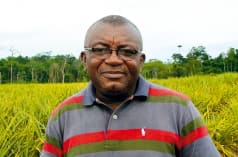
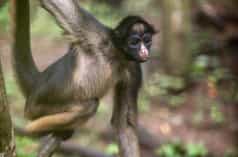
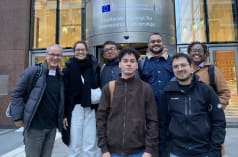









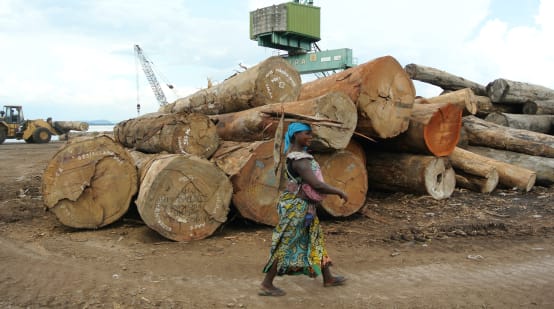
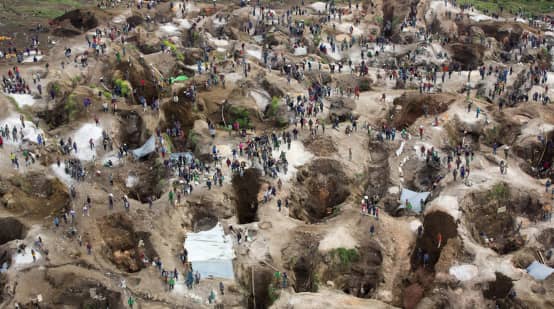
 Recent successes
Recent successes